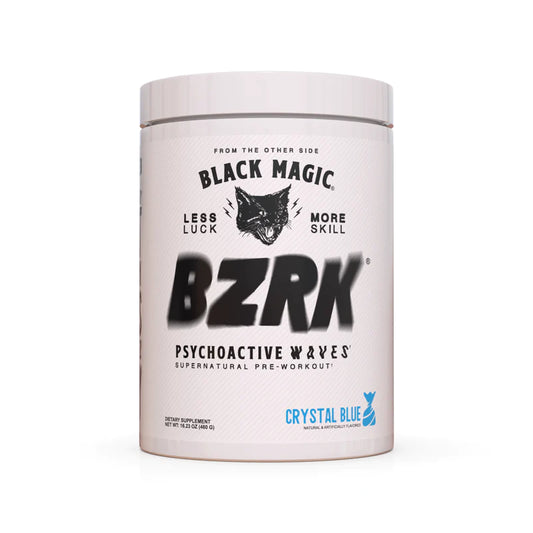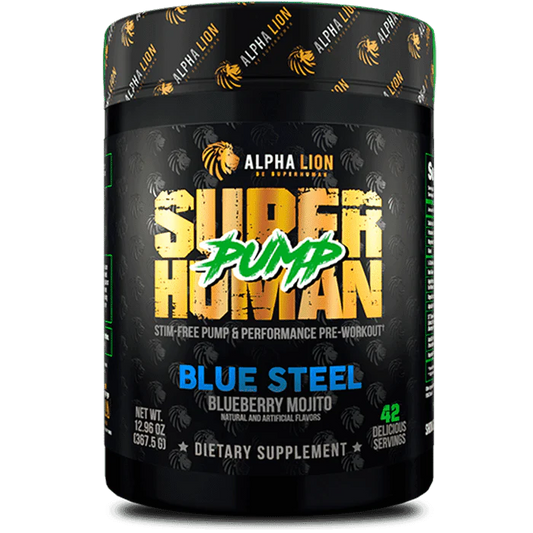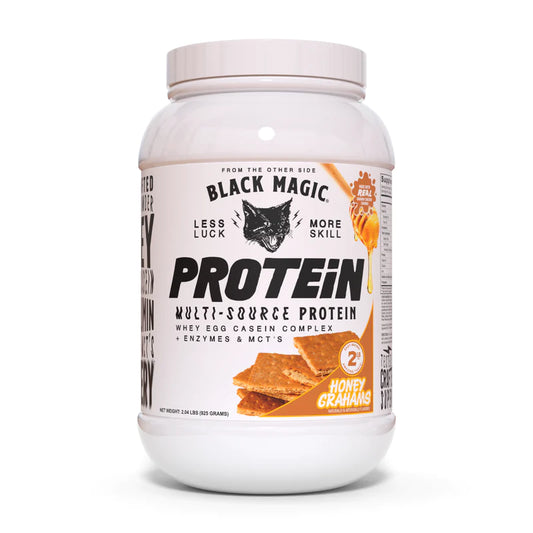Glutamine is one of the most important supplements for bodybuilders and athletes. It is the most abundant amino acid in the body and makes up over 60% of the free amino acid pool in skeletal muscle. Glutamine plays crucial roles in protein synthesis, immune function, acid-base balance, and nitrogen transport. Supplementing with glutamine can provide substantial benefits for bodybuilders and strength athletes. This article will examine the physiology of glutamine, its roles in the body, and the research on glutamine supplementation for bodybuilding.
Glutamine Physiology
Glutamine is considered a conditionally essential amino acid. This means that under normal circumstances the body can synthesize sufficient glutamine to meet physiological demands. However, during times of metabolic stress such as injury, infection, surgery, or intense exercise, glutamine requirements exceed the body's capacity for synthesis. For this reason, glutamine becomes "conditionally essential" under these circumstances.
Glutamine is synthesized in skeletal muscle from glutamic acid and ammonia in a reaction catalyzed by the enzyme glutamine synthetase. It can also be released from muscle protein during protein breakdown. Glutamine is transported in blood and taken up by cells via glutamine transporters.
In addition to being a protein building block, glutamine acts as a nitrogen transporter between tissues and as a key precursor for nucleotide, amino sugar, and glutathione synthesis. Glutamine also plays important roles in regulating acid-base balance in the kidney and carbon flow for gluconeogenesis in the liver.
Glutamine and Muscle Protein Synthesis
One of the critical roles of glutamine is supporting muscle protein synthesis. Glutamine transport into skeletal muscle is increased after resistance exercise. Intracellular glutamine acts as a signal for the activation of mTORC1, a key regulator of muscle protein synthesis.
Glutamine supplementation has been shown to augment the activation of protein synthesis after exercise by enhancing mTOR signaling. Glutamine likely supports muscle protein synthesis by providing increased intracellular glutamine for mTOR activation and by increasing circulating growth factors like IGF-1.
Glutamine and the Immune System
Glutamine also plays a key role in supporting immune system function. Glutamine is used as a metabolic fuel by immune cells like lymphocytes and macrophages. In times of severe stress like critical illness, glutamine requirements by the immune system are so high that consumption outweighs endogenous synthesis and glutamine levels decline rapidly.
Glutamine helps regulate the expression of surface receptors involved in immune function. It also enhances the production of glutathione, a key antioxidant for immune cell function. Studies show that glutamine supplementation can help maintain immune cell function during intensive training.
Glutamine and Overtraining
There is evidence that glutamine may help prevent declines in performance associated with overtraining. Prolonged intense training can lead to chronic fatigue, impaired immune function, and reductions in performance - a state known as overtraining syndrome.
Some research indicates that overtrained athletes have lower glutamine levels. Glutamine supplementation has been shown to help restore depleted glutamine levels in overtrained athletes.
Maintaining optimal glutamine levels may help overtrained athletes recover by supporting muscle protein synthesis, immune function, and glutathione production. More research is still needed to determine the direct effects of glutamine supplementation on overtraining.
Glutamine Supplementation for Bodybuilding
Most research on glutamine supplementation has focused on clinical populations like the critically ill or patients undergoing surgery where glutamine needs exceed the body's capacity to produce it. However, more recent research has begun examining applications for athletes.
Doses of glutamine used in supplementation studies typically range from 5-20 grams per day. Timing and frequency of supplementation varies across studies but glutamine is often given in divided doses. 2-5 grams post-workout or before bed are common protocols.
Glutamine and Resistance Training
Several studies have shown that glutamine supplementation can increase growth hormone and IGF-1 levels when combined with resistance training. These anabolic hormones play key roles in stimulating muscle growth and development.
In one study, glutamine supplementation during 6 weeks of resistance training increased lean muscle mass and reduced body fat compared to a placebo group. Subjects took 5 grams of glutamine 4 times per day.
Other studies show enhanced gains in muscle strength, power production, and muscular endurance when glutamine is supplemented along with resistance training. While more research is still needed, these findings suggest glutamine may provide additional benefits for muscle growth and performance when combined with intense training.
Glutamine, Recovery, and Muscle Protein Breakdown
There is some evidence that glutamine supplementation can help diminish exercise-induced muscle protein breakdown. Intense or prolonged exercise increases glutamine utilization and can deplete plasma glutamine levels by up to 50%.
Several studies have found that glutamine supplementation given before or after exercise attenuates the rise in muscle protein breakdown. Reducing protein breakdown likely supports faster recovery between workouts and a better anabolic environment for building muscle.
Glutamine and Overtraining Syndrome
A few studies have examined the effects of glutamine in overtrained athletes. In one trial, glutamine supplementation attenuated declines in performance in overtrained runners. Studies in overtrained weightlifters show that glutamine supplementation helped restore depressed immune function.
While more research is still needed, these findings suggest supplemental glutamine may help counteract some of the negative effects of overtraining and support continued training adaptations. The ability of glutamine to enhance recovery between workouts is likely beneficial for overtrained athletes.
Optimal Glutamine Intake
There are no established recommendations for optimal glutamine intake in athletes. However, research studies showing benefits for muscle growth, strength, power production and endurance have used daily intakes from 5 to 20 grams per day.
Higher intakes don't appear to provide additional benefits. For most athletes, supplementing with 5-10 grams of glutamine per day in divided doses seems adequate to optimize plasma glutamine levels.
Timing around workouts is also important. Taking glutamine immediately before or after training is likely the best strategy for maximizing muscle protein synthesis and supporting recovery.
Conclusion
In summary, glutamine is an important amino acid for bodybuilders and strength athletes. It plays key physiological roles in supporting muscle growth, immune function, protein synthesis and recovery.
Glutamine supplementation, in doses of 5-10 grams per day, has been shown to increase growth hormone and IGF-1, boost gains in muscle mass and strength, decrease muscle protein breakdown, and counteract overtraining.
While more research is still warranted, glutamine appears useful for facilitating adaptations to resistance training. Timed appropriately around workouts, glutamine supplementation can support muscle growth and augment recovery in hard-training bodybuilders.




